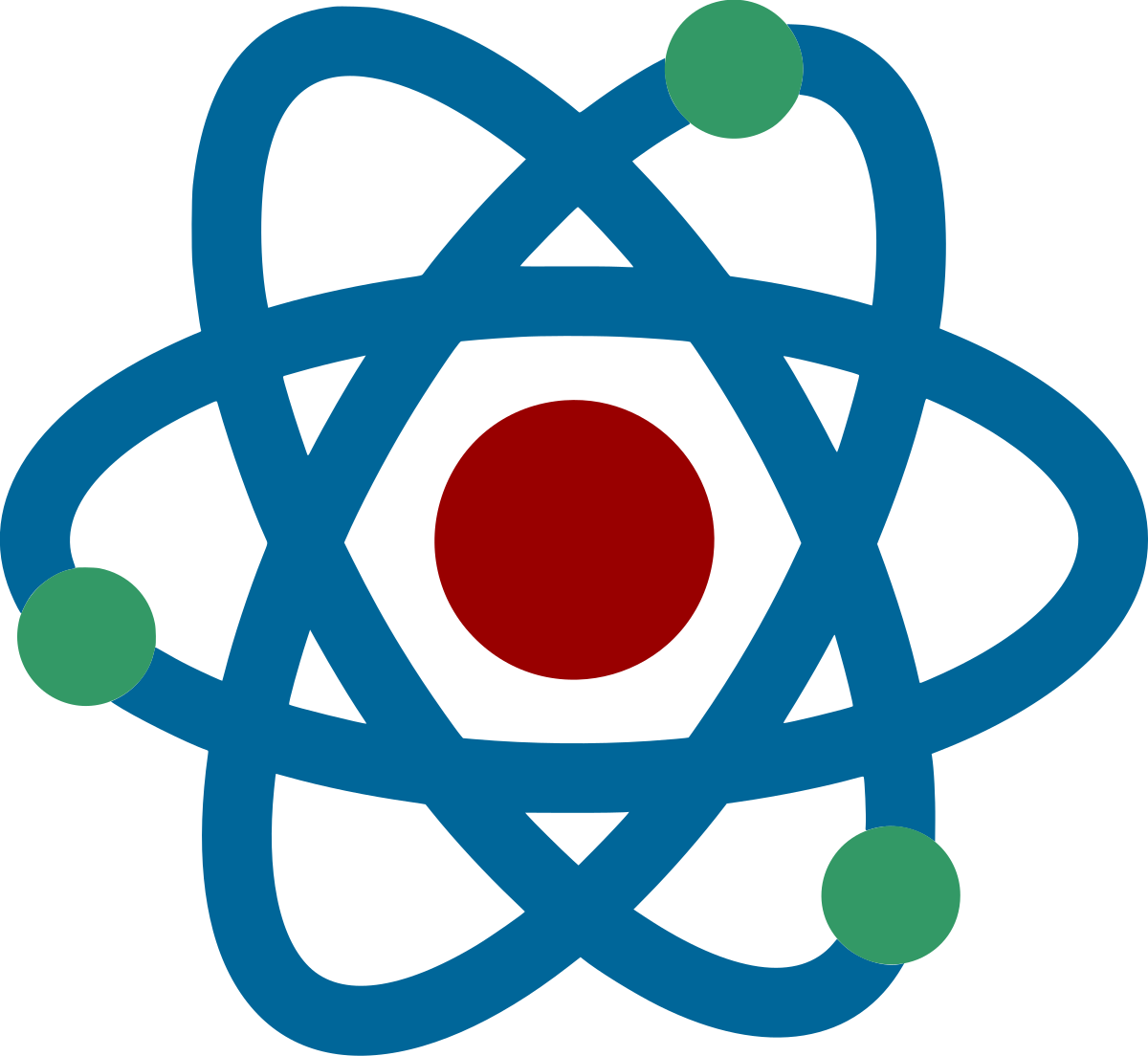Physics, often considered the foundational science of the universe, can seem daunting to many students. Whether you are a high school learner, a university student, or a lifelong enthusiast, developing a deep understanding of physics requires more than just memorizing formulas and definitions. It demands a thoughtful approach, consistent effort, and effective learning strategies. In this article, we will explore the best practices to learn physic, providing you with practical learn physic tips to enhance your study routine and truly grasp this fascinating subject.
Understanding the Nature of Physics: The Key to Effective Learning
Before diving into strategies to learn physic tips effectively, it’s crucial to appreciate what physics entails. At its core, physics is about understanding the principles governing the natural world—from the smallest particles to the vastness of the cosmos. It connects mathematics, logic, and experimentation to explain phenomena.
This interconnection implies that to learn physics successfully, one must nurture both conceptual understanding and analytical skills. It’s not enough to simply know the law of motion or Newton’s equations; you need to visualize and apply them in real-world contexts. Doing so transforms abstract equations into meaningful insights.
Why Learning Concepts Deeply Matters
Many students make the mistake of rushing through topics, focusing heavily on memorization. However, effective learning happens when concepts are internalized. Take the example of gravity—beyond knowing the formula F = G(m₁m₂)/r², understanding how gravity impacts everyday life or planetary orbits can reinforce retention and spark curiosity.
To learn physic tips for deep conceptual understanding, consider engaging with interactive simulations such as those offered by PhET Interactive Simulations. These tools allow you to visualize experiments that can otherwise be abstract or complex.
Structured Study Habits: Building Your Physics Foundation Step by Step
Physics is a cumulative subject; knowledge builds upon previous concepts. For example, classical mechanics serves as a foundation for electromagnetism and quantum physics. To avoid confusion or gaps, organizing your study schedule and following a logical progression is vital.
Here are some learn physic tips to structure your study efficiently:
- Create a Study Timeline: Break your syllabus into manageable sections and assign realistic timelines to each. This avoids last-minute cramming and enhances retention.
- Use Active Learning: Instead of passively reading textbooks, actively summarize each topic in your own words. Teach the material to a peer or even to yourself out loud.
- Solve Problems Regularly: Physics is best learned by doing. Attempt a variety of problems from easy to challenging to develop problem-solving skills.
- Review and Revise: Regularly revisit concepts you learned previously. Spaced repetition reinforces memory and understanding.
Example Study Timeline for an Introductory Physics Course
| Week | Topic | Activities |
|---|---|---|
| 1-2 | Kinematics | Reading, solving problems, PhET simulation for motion |
| 3-4 | Newton’s Laws | Active summaries, practice exercises |
| 5-6 | Work, Energy, Power | Experimental videos, problem sets |
Utilizing Quality Resources: Where to Learn Physics Effectively
One of the best learn physic tips is leveraging reputable resources tailored to your learning style. The internet offers a treasure trove of free and paid content including videos, courses, textbooks, and forums that cater to different education levels. Let’s look at some excellent websites and platforms:
- Khan Academy: https://www.khanacademy.org/science/physics – Offers a wide array of detailed lessons, practice problems, and quizzes, all free and well-structured.
- MIT OpenCourseWare: https://ocw.mit.edu/courses/physics/ – University-level lectures and materials for free, ideal for advanced learners.
- HyperPhysics: http://hyperphysics.phy-astr.gsu.edu/hbase/hframe.html – An excellent resource for concept maps and quick topic references.
- PhET Simulations: https://phet.colorado.edu/ – Interactive physics simulations that make abstract concepts tangible.
Using these resources strategically can transform your physics learning experience. For example, try learning a concept through Khan Academy’s videos, reinforce it with PhET simulations, and then challenge yourself with MIT’s problem sets.
Practical Experimentation: Bringing Theory to Life
Physics is an experimental science, and engaging in practical work solidifies theoretical knowledge. Whenever possible, perform simple experiments either at home or in a lab setting. This hands-on approach aids in visualizing abstract concepts and revealing the nuances that textbooks cannot convey.
Simple physics experiments you can try include:
- Measuring acceleration using a rolling ball and stopwatch.
- Exploring pendulum motion and calculating its period.
- Investigating the refraction of light using water and glass slabs.
Visits to science museums or interactive exhibitions can also deepen your understanding. For more advanced equipment and demonstrations, you might explore virtual labs such as those offered by PhysLab.
Collaborative Learning: The Power of Community in Physics Studies
Physics challenges are often best tackled with others. Collaborative study groups provide motivation, new perspectives, and opportunities to verbalize your understanding—which strengthens learning.
To make the most of collaborative learning, consider these learn physic tips:
- Form or Join Study Groups: Aim for groups of 3 to 5 students to discuss topics and solve problems together.
- Engage in Online Forums: Platforms like Physics Stack Exchange allow you to ask questions and explore expert answers.
- Teach and Explain: Teaching concepts to peers is a powerful way to solidify your knowledge.
Not only does collaboration increase your academic performance, but it also makes learning physics a more enjoyable and less isolating journey.
Managing Challenges and Staying Motivated
Learning physics can sometimes be frustrating when confronted with difficult concepts or complex problems. However, persistence and the right mindset make a significant difference. Here are a few strategies to stay motivated and overcome challenges:
- Set Achievable Goals: Recognize small milestones to celebrate progress regularly.
- Maintain Curiosity: Connect physics to real-world phenomena or your hobbies to keep interest alive.
- Seek Help Early: Don’t hesitate to ask teachers, tutors, or online communities when struggling.
- Balance Study and Rest: Avoid burnout by incorporating breaks and relaxation into your schedule.
Adopting a growth mindset—believing that ability improves with effort—is essential. Remember, many physics concepts that seem difficult initially become clear with time and practice.
Summary of Learn Physic Tips
| Tip | Description | Recommended Resources |
|---|---|---|
| Focus on Conceptual Understanding | Engage with interactive tools and real-life examples to deepen understanding. | PhET Simulations |
| Structured Study Plan | Break topics into manageable sections with clear timeframes. | Personalized Planner or Apps (e.g., Todoist) |
| Practice Problem Solving | Solve a variety of problems to build analytical skills. | Khan Academy Physics |
| Experiment and Observe | Conduct experiments to link theory and practice. | PhysLab Virtual Labs |
| Collaborate and Discuss | Join study groups and online forums to deepen insight. | Physics Stack Exchange |
Final Thoughts
Learning physics is a rewarding journey that opens the door to understanding the universe’s most profound mysteries. By adopting these best practices to learn physic tips, you create a solid foundation to succeed academically and nurture a lifelong appreciation for science. Remember that patience and consistency are your allies. With the right resources, strategies, and mindset, physics will become not just a subject to pass, but a passion to explore.
Suggested Related Themes
- Investigating the business models of free-to-play games that generate revenue through in-game purchases and microtransactions.
- Physics-Based Strategies in Esports – Leveraging In-Game Mechanics for Strategic Advantage
- Understanding how online gaming and gambling affect human psychology and why these activities can be so addictive.

